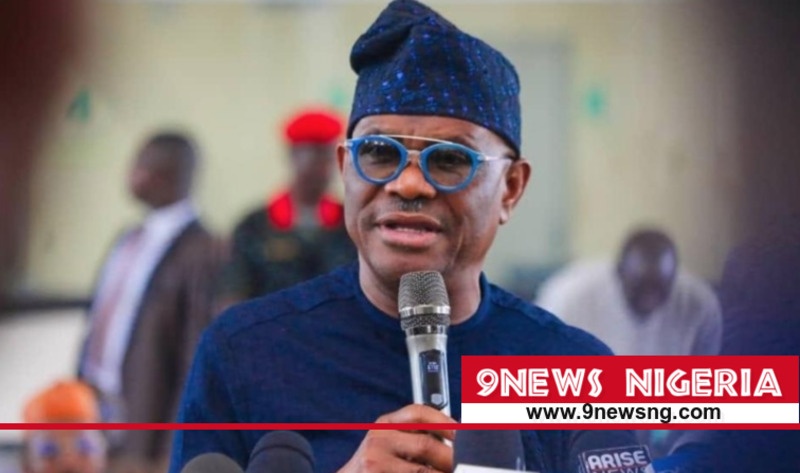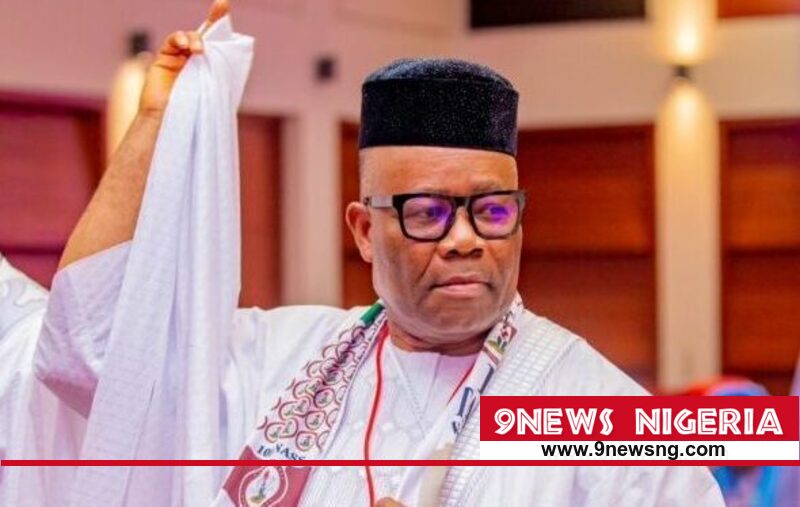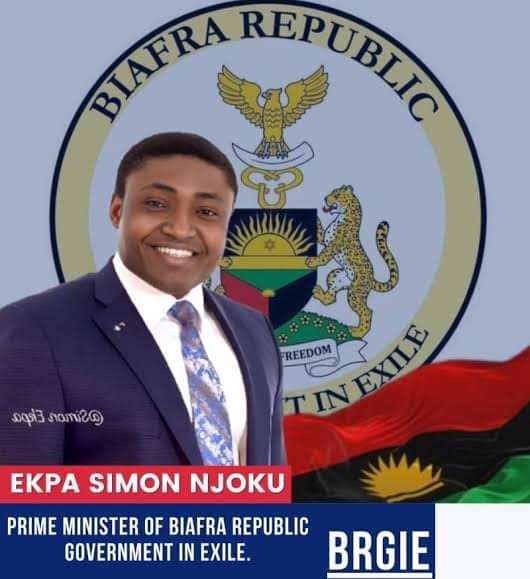Most recently, the Nigerian political landscape has witnessed a notable wave of defections from key opposition figures to the ruling All Progressives Congress (APC).
From current and former governors to high-profile businessmen and local party chieftains, the momentum appears to be shifting, with the APC becoming a convergence point for politicians seeking national relevance and political security ahead of the 2027 general elections.
While defections are not new to Nigeria’s democratic experience, the current surge stands out, not just for its scale, but for the narrative accompanying it.
Many of the defectors, including recent heavyweight entrants like Sheriff Oborevwori-Governor of Delta State and Chief Chris Odinaka Igwe in Abia State, are citing President Bola Ahmed Tinubu’s leadership as the central motivation for crossing party lines.
They describe a renewed sense of direction and national cohesion under the Tinubu administration, with APC stalwarts like Deputy Speaker Benjamin Okezie Kalu playing pivotal roles in expanding the party’s influence while preaching unity across regional and ethnic divides.
Indeed, President Tinubu’s leadership style, characterized by political pragmatism, bridge-building, and deliberate inclusion—has begun to reframe the national conversation.
His “Renewed Hope” agenda, while still in its early phases, appears to be resonating with stakeholders who previously stood aloof.
His ability to keep the APC structurally intact, while attracting former critics, suggests that his presidency may be redefining the contours of political loyalty in the Fourth Republic.
However, this influx must not be mistaken for mere political expediency.
It presents an opportunity for national healing and consolidation, particularly in regions like the South East that have long felt excluded from the centre of political power.
The likes of Rt. Hon. Kalu and other APC figures are seizing this moment not just to grow the party, but to extend a hand of partnership to those once considered opponents—thereby transforming Nigeria’s adversarial political culture into a more collaborative one.
Yet, the real test lies ahead. The APC must not squander this goodwill.
Defections must translate to inclusive governance, meaningful development, and respect for the democratic ideals that Nigerians still yearn for.
The ruling party must ensure that its growing strength does not become a breeding ground for complacency, internal wrangling, or the silencing of dissenting voices.
In a country as diverse and complex as Nigeria, unity cannot be achieved merely through party expansion.
It must be built on trust, performance, equity, and justice. If the current wave of defections is truly inspired by a belief in Tinubu’s leadership and a vision for a more united Nigeria, then the APC owes the nation a responsibility to deliver on that promise—not just in rhetoric, but in tangible, measurable progress.
The coming years will show whether this moment marks the beginning of a more unified political era, or just another chapter in Nigeria’s cyclical dance of defections. For now, the tide is turning—and history is watching.











